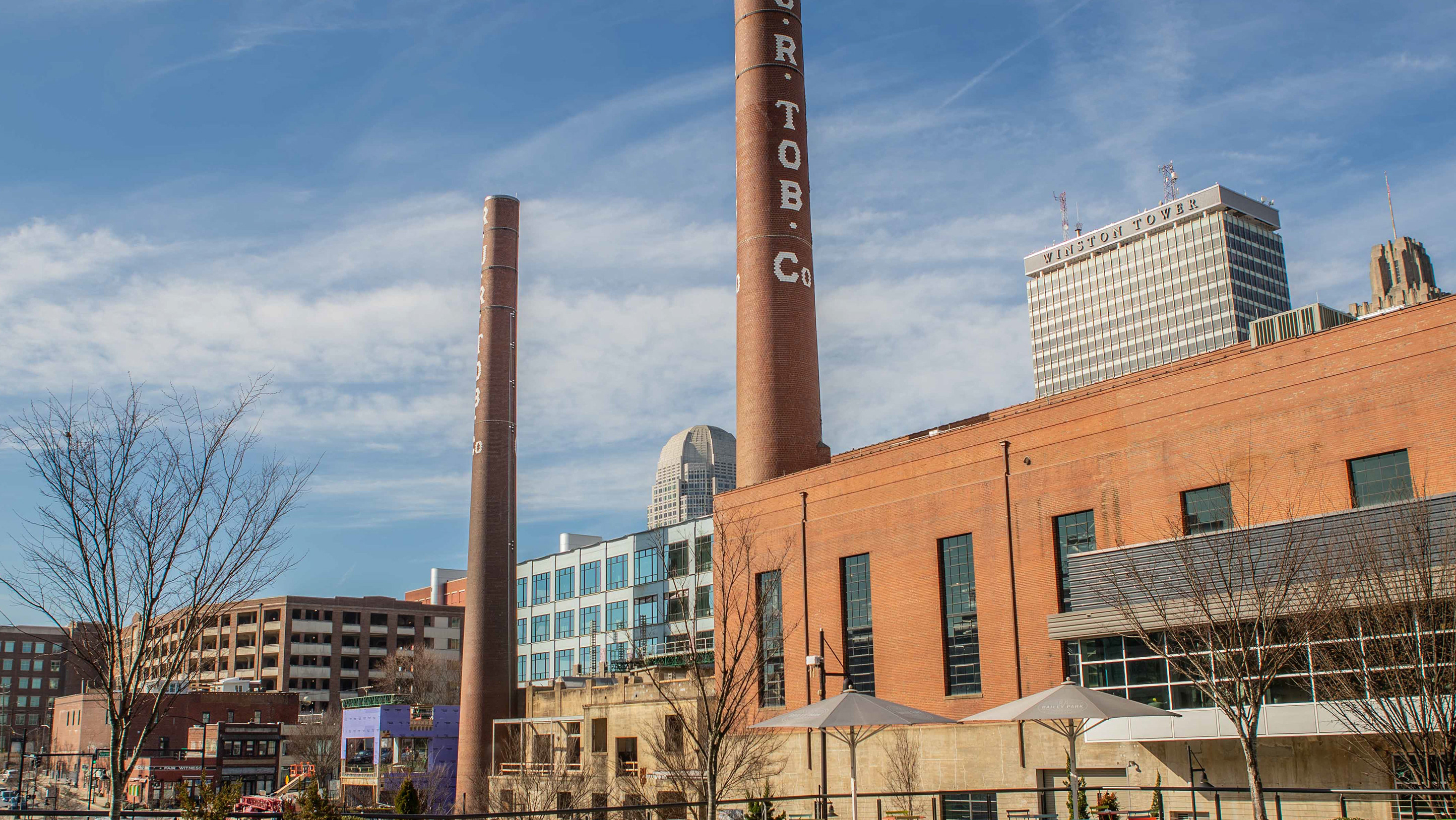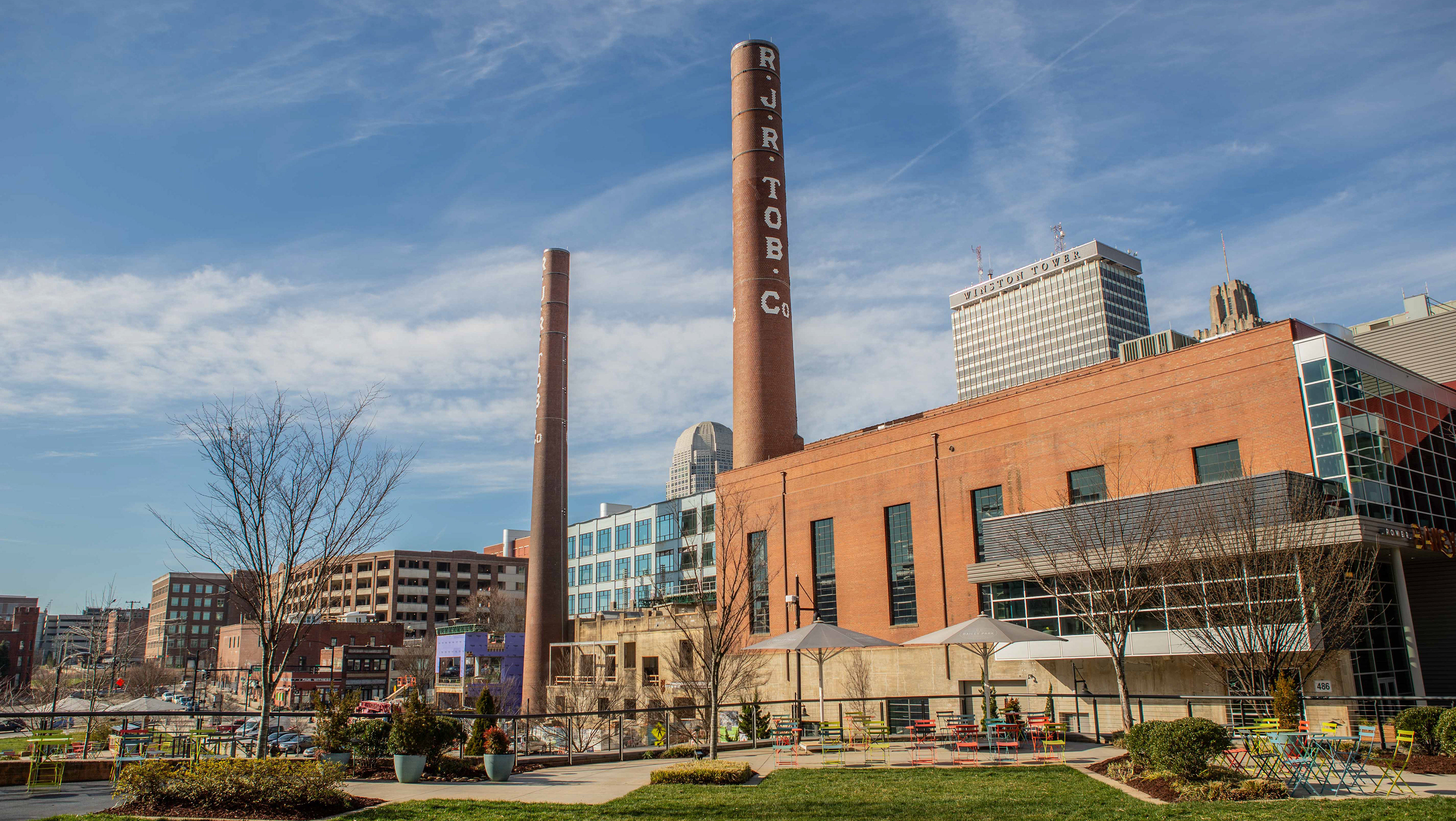Platform Selection
Facebook: Utilize Facebook's robust advertising tools and community-building features to reach local audiences and foster engagement.
Instagram: Leverage Instagram's visual appeal to showcase products, services, and the unique aspects of small-town life.
LinkedIn: Connect with local business owners and professionals, providing valuable insights and networking opportunities.
Twitter/X: Engage with the local community in real-time conversations and share updates about events, promotions, and news.
Google My Business: Optimize Google My Business profiles for increased visibility in local search results.
Key Strategies:
Localized Content Creation:
Develop content that resonates with the small-town audience, highlighting community events, traditions, and local businesses.
Showcase behind-the-scenes glimpses of small businesses, their stories, and their contributions to the community.
Encourage user-generated content by running contests, featuring customer testimonials, and sharing local experiences.
Targeted Advertising:
Utilize Facebook and Instagram Ads to target specific demographics within the local area, such as age, interests, and behaviors.
Create compelling ad creatives that emphasize the benefits of supporting local businesses and offer exclusive promotions or discounts.
Implement geo-targeting to reach potential customers within a defined radius of the small town.
Community Engagement:
Actively engage with the local community by responding to comments, messages, and reviews on social media platforms.
Participate in relevant local events, sponsorships, and partnerships to strengthen relationships with small businesses and residents.
Foster a sense of belonging and loyalty by featuring user-generated content and highlighting community initiatives.
Content Calendar and Consistency:
Develop a content calendar outlining weekly or monthly themes, promotions, and events relevant to small-town life.
Maintain a consistent posting schedule across all social media platforms, ensuring regular engagement with the audience.
Monitor trends and local news to incorporate timely and relevant content into the strategy.
Analytics and Optimization:
Track key metrics such as reach, engagement, website traffic, and conversions using social media analytics tools.
Analyze the performance of different content types, ad campaigns, and posting times to optimize future strategies.
Adjust the strategy based on feedback, audience insights, and changing market dynamics to ensure continuous improvement.
Educational Resources:
Offer free resources and workshops to educate small businesses on social media best practices, content creation, and advertising techniques.
Provide personalized consultations and audits to help businesses optimize their social media presence and achieve their goals.
By implementing these strategies, our social media agency aims to empower small businesses in small towns to thrive in the digital age, fostering a strong sense of community and driving sustainable growth.








